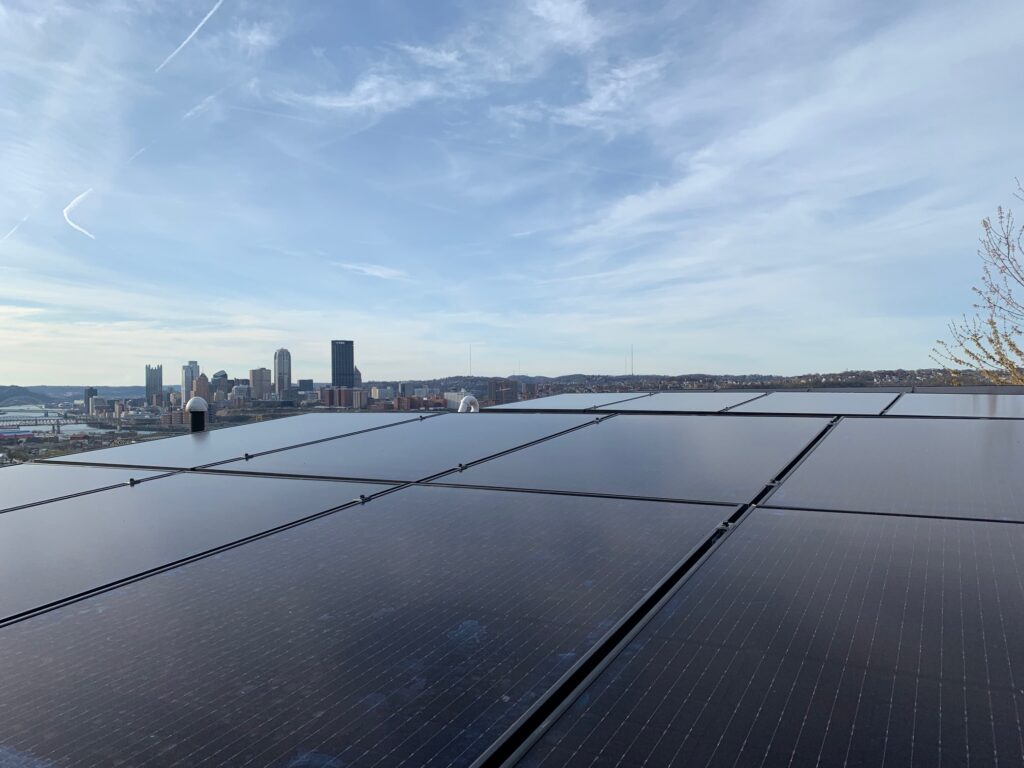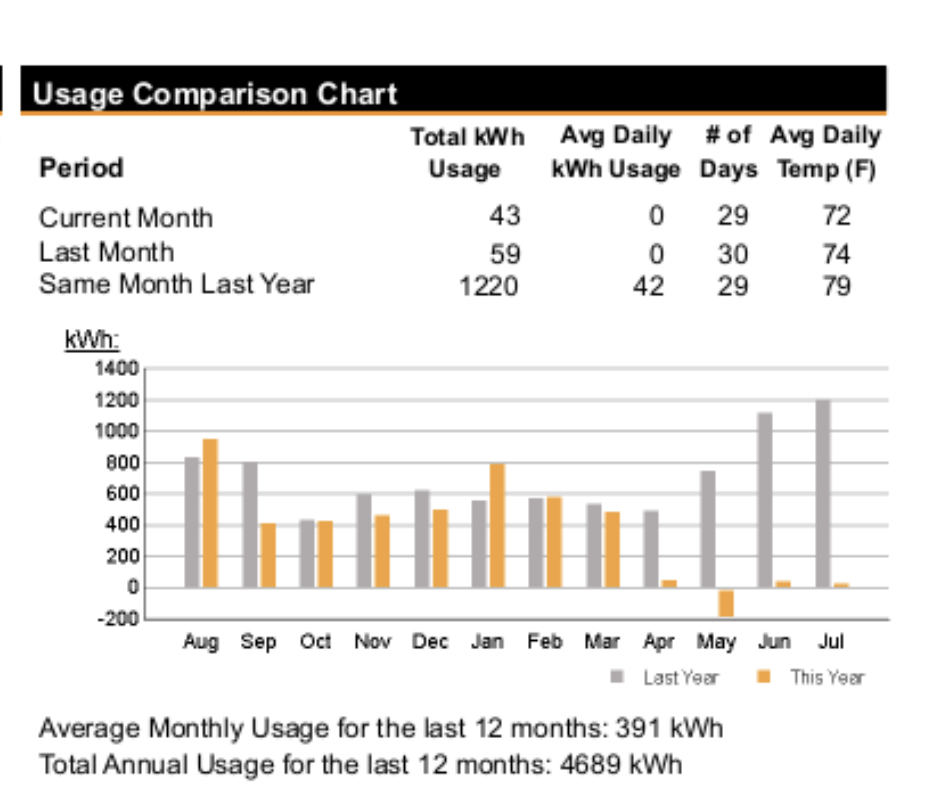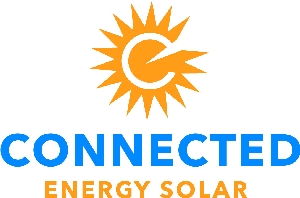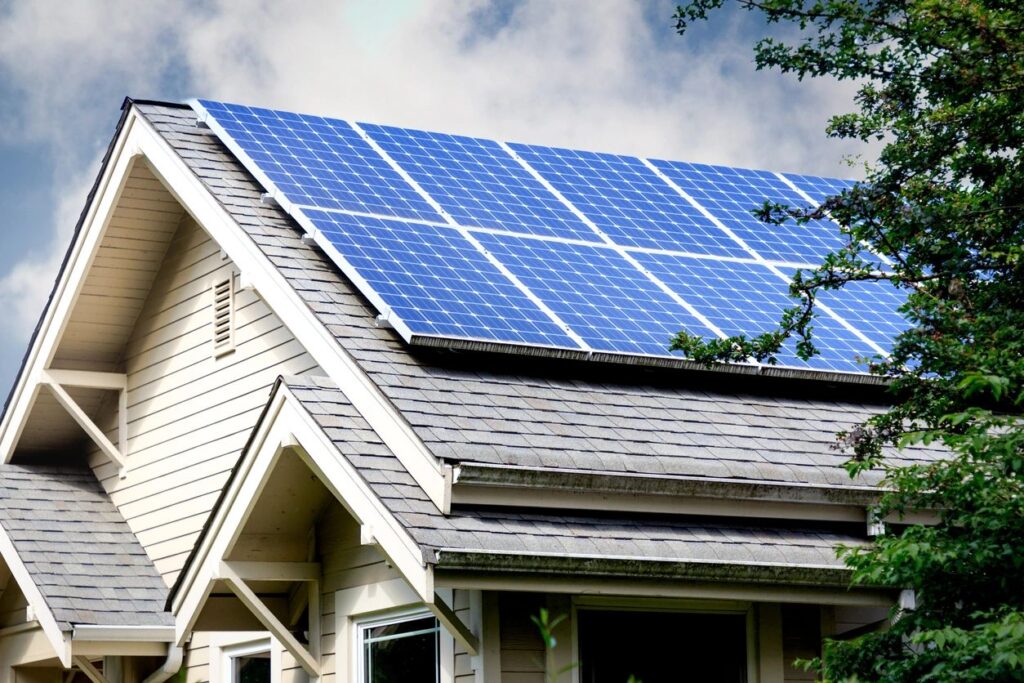Short answer. Yes. In certain scenarios.
There is no question that solar power is becoming more and more popular each year with states such as California, North Carolina, and Arizona leading the way. However solar is making its way into our home state of PA and we felt like addressing the number one question that everyone asks when solar is brought up in this area. How does it work with our climate?
While solar works great in PA, let’s be honest, a system installed in Pittsburgh will not have as high of an output as a system that is installed in Arizona, anyone who tells you otherwise is trying to sell you a bag of goods. But that doesn’t mean that solar doesn’t pencil out financially in our state. There are a couple of key factors that come into play when talking about the production of a rooftop solar system:

- Quality of the panels / inverters
- Location of the panels
- Utility Net Metering Program
- Household efficiency
- Contractor pricing
Quality of the panels and inverters
If you want your solar system to produce at an effective level you need to buy a good quality panel, not the most expensive, but definitely not the scratch and dent from eBay. You also either want to get Enphase micro inverters or Solaredge Power Optimizers, which have shade correction technology built into them and will help optimize the power output of the solar panels. The inverter is just as important as the panel itself.
Location of panels
We cannot stress this enough, do not put panels on a northern facing roof, you will not get a good return on your investment. A southern roof is the best, but eastern and western facing roofs will do the trick as well. With an east/ west roof, you would get more energy in the morning and also more energy in the evening, respectively. Also, you need to choose a roof that is free of obstacles and shade. You could have a great southern facing roof, but if a large tree is blocking the sunlight from getting to that roof, the panels will not be able to produce any energy.
Utility Net Metering Program
Good for us, Duquesne Light and First Energy both have net metering programs. This means that all the electricity that you generate during the day and do not consume gets fed back into the electric grid, and you get credits on your bill at the retail rate. So if you produce 25 kWh and you only consume 10 kWh, you would have a credit equivalent to 15 kWh. Without these programs, solar would be financially dead in the water.
Household Efficiency
Make sure all your lights are upgraded to LED, you don’t have air leaks from your windows or doors, and any old/outdated appliances are updated. You would be surprised how much energy you could save by upgrading your lighting, and sealing your home with caulking and weather stripping. This enables you to use less energy, so you can install a smaller solar system.
Contractor Pricing:
There are a lot of different options out there for solar installers, make sure you do your homework and get multiple bids to ensure you are not getting taken advantage of. Go with a contractor that has NABCEP certified installers and is charging you less than $3.00 per watt.
If you can check all those boxes then your payback should be somewhere in the 5-7 year range, with technology that has 25 year warranties and an industry with yearly rising electric costs; that should be a win for anyone considering to go solar.
Below is an image of an electric bill from a recent customer of ours. We installed their solar system in April and as you can see, the electric usage month to month has dropped 100% from last year to this year, in fact they actually have a credit of roughly 140 kWh right now.

If you are interested in what a solar panel system would look like on your house, please reach out to us, we would be happy to provide you with a free estimate.
CONTACT CONNECTED ENERGY SOLAR TODAY!



